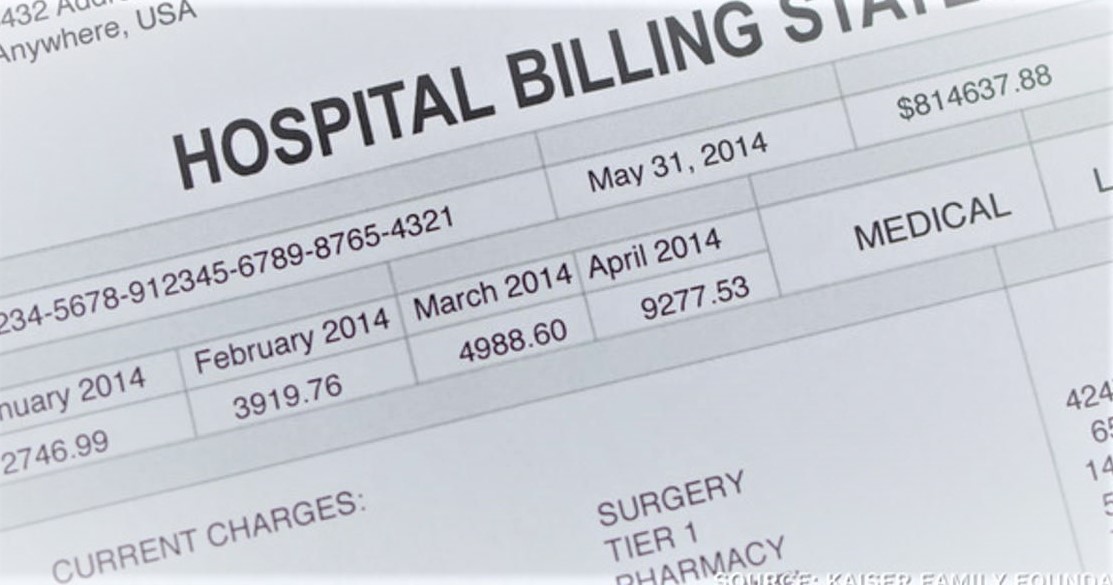5 Things to Remember About Hospital Medical Billing

Hospital medical billing involves medical billing and coding that support the extended healthcare industry. The medical billers and coders translate medical records into consistent codes that healthcare personnel use while billing for their patients and sending claims to their insurance companies. Hospital medical billing is not an easy task, rather it takes several processes.
In hospitals, dedicated billers and coders will be available to handle the billing and coding functions, whereas, with an independent practitioner, one person will be doing both billing and coding.
• In medical billing, the claims are submitted to insurance companies to obtain payment for the services provided by healthcare personnel. Medical coding, on the other hand, coding is a process in which coders provide relevant codes following the description of the condition of the patients together with the treatment to the patient.
• Medical billers and coders are efficient enough to solve any healthcare-related problem. It requires highly analytical skills which can be handled by the billers and coders very efficiently since they have to work around the patients, insurance companies, and health care companies. So, they can address the unpaid bill very efficiently and smoothen the way to reimbursement.
• There are thousands of codes that hospital medical billing personnel use to process the claims of patients. Medical codes are highly desirable to make insurers recognize diseases, illnesses, signs, and symptoms very easily. Besides, coding can cipher complaints, anomalies in the findings, and several other external causes of disease or injury.
• One billing procedure doesn’t fit all the processes. There are two types of medical billing one is professional billing and the other is institutional billing. Professional billing is used in solo practices of physicians. While institutional billing is liable for the claims generated for the work carried out by hospitals, skilled nursing facilities, and other institutions that offer services for outpatient and inpatient.
• Medical billing processing issues can be solved in a few days or may take a long time. From time to time, there might be frequent forward and backward movements during the process which is charged for the errors in the initial registration and confirmation. These occur when patient verification and authorization are done at the most crucial point performed at every visit. So, the primary goal of verification of each of the patients is to ascertain the financial liability for the medical services done to the patients.
Lots of healthcare practitioners prefer outsourcing medical billing and coding process to external service providers to pass up costly errors and make use of the latest technologies.

